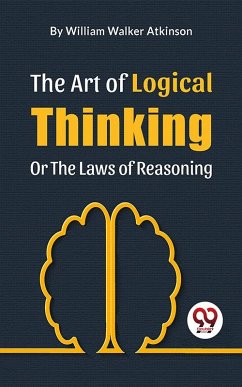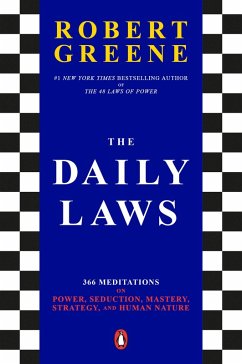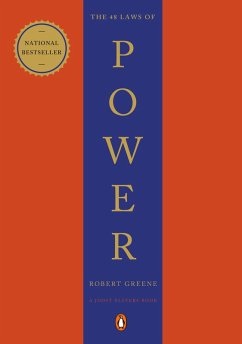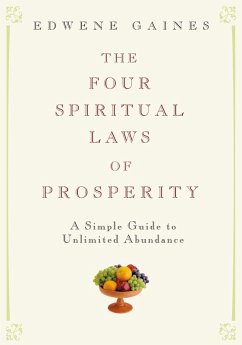
The Art of Logical Thinking; Or, The Laws of Reasoning (eBook, ePUB)
Enriched edition. Mastering Logical Thinking: Essential Principles for Sound Reasoning and Rational Decision Making
Kommentar: Oakley, Tristan / Redaktion: Good Press
Sofort per Download lieferbar
0,49 €
inkl. MwSt.
Weitere Ausgaben:

PAYBACK Punkte
0 °P sammeln!
In "The Art of Logical Thinking; Or, The Laws of Reasoning," William Walker Atkinson presents a profound exploration of the principles underlying effective reasoning and logical thought. Written in the early 20th century, the book is characterized by Atkinson's clear and engaging prose, blending practicality with philosophical musings. It delves into various reasoning methods, emphasizing the importance of clear thinking in everyday life while also addressing common logical fallacies that impede rational thought. Atkinson's discourse is enriched with examples and exercises designed to sharpen ...
In "The Art of Logical Thinking; Or, The Laws of Reasoning," William Walker Atkinson presents a profound exploration of the principles underlying effective reasoning and logical thought. Written in the early 20th century, the book is characterized by Atkinson's clear and engaging prose, blending practicality with philosophical musings. It delves into various reasoning methods, emphasizing the importance of clear thinking in everyday life while also addressing common logical fallacies that impede rational thought. Atkinson's discourse is enriched with examples and exercises designed to sharpen the reader's analytical skills, reflecting the intellectual climate of a period marked by rapid industrialization and a burgeoning fascination with psychology and self-improvement. William Walker Atkinson was a prominent figure in the New Thought movement, which emphasized the power of positive thinking and its implications for personal development. His experiences as a practitioner of various philosophies and a writer on topics ranging from metaphysics to personal success deeply influence his approach in this book. Atkinson's engagement with psychological concepts and his commitment to mental acuity inform his advocacy for reason as an essential tool for human potential. Recommended for scholars, students, and anyone keen on enhancing their reasoning abilities, "The Art of Logical Thinking" serves as both a foundational text and a practical guide. Atkinson's insights encourage readers to cultivate their critical thinking skills, thereby empowering them to navigate the complexities of life with clarity and confidence. In this enriched edition, we have carefully created added value for your reading experience: - A succinct Introduction situates the work's timeless appeal and themes. - The Synopsis outlines the central plot, highlighting key developments without spoiling critical twists. - A detailed Historical Context immerses you in the era's events and influences that shaped the writing. - A thorough Analysis dissects symbols, motifs, and character arcs to unearth underlying meanings. - Reflection questions prompt you to engage personally with the work's messages, connecting them to modern life. - Hand-picked Memorable Quotes shine a spotlight on moments of literary brilliance. - Interactive footnotes clarify unusual references, historical allusions, and archaic phrases for an effortless, more informed read.
Dieser Download kann aus rechtlichen Gründen nur mit Rechnungsadresse in A, B, BG, CY, CZ, D, DK, EW, E, FIN, F, GR, H, IRL, I, LT, L, LR, M, NL, PL, P, R, S, SLO, SK ausgeliefert werden.













